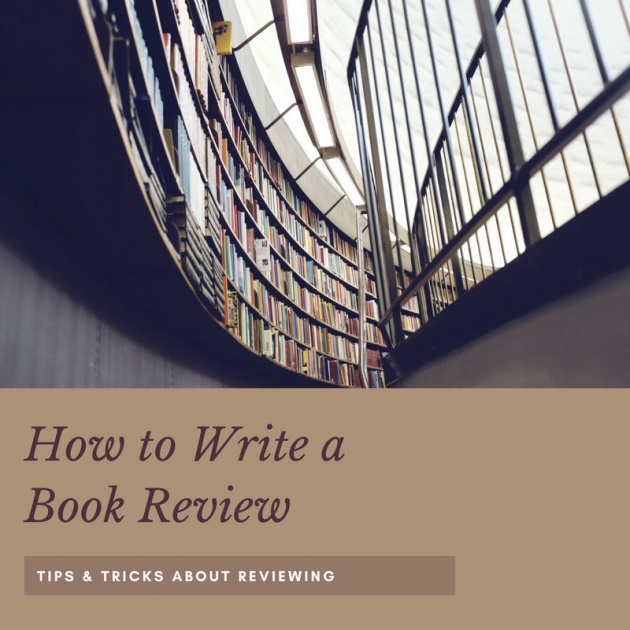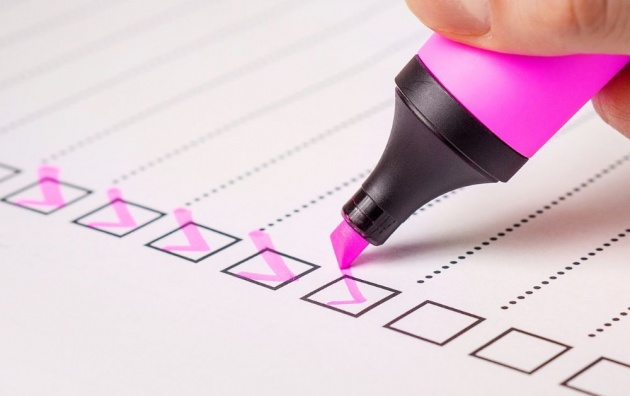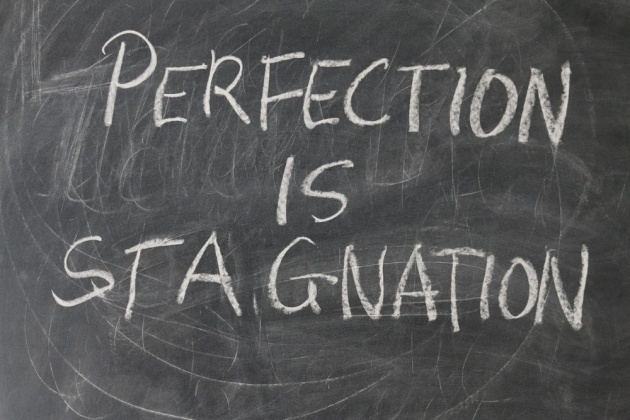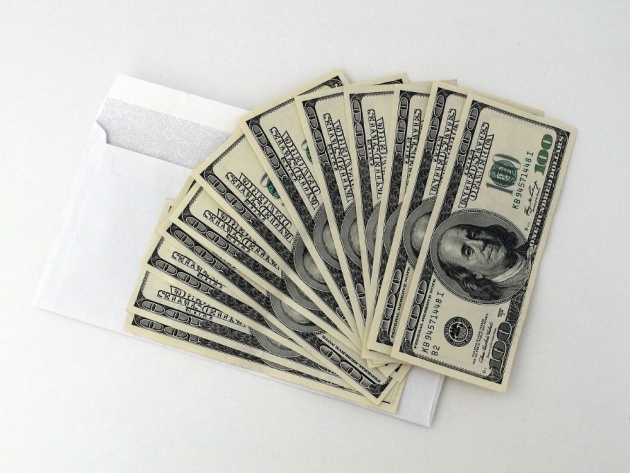
Image credits: 'Books' by Ivy Sabado, via Canva.com
Since writing reviews is something I do fairly often for the books I receive through NetGalley and Edelweiss, here are some tips and habits I developed over the years.
By no means are my methods the best ones; however, I believe they can be useful if you plan on writing reviews (not only for books, by the way).

Image credits: Four Stars by PatternPictures via Pixabay.com
Why Write Reviews?
Because we can?
Because when you enjoyed a book, you want to talk about it?
Because when you didn't enjoy a book, you also want to talk about it?
Because you received a book for free in exchange for an honest review?
All of these are some of the reasons why people write book reviews. There are many others, although these are my main ones.

Image credits: Books by FreePhotos via Pixabay.com
What Should I Put In My Review?
The following points are not universal truth, of course. They're my personal preferences mostly, as well as points I've noticed tend to work well for people reading my reviews. There are other factors that may work better for you, though.
Other reviewers have habits both similar and different. The following video, for instance, offers a piece of advice that I don't follow (namely, writing reviews that you don't post, just for training), but that is very valid.
Video credits: How to Improve your Book Reviews by emmabooks via YouTube
A summary of the plot?
One word: no.
A brief introduction that goes through the premises of the official blurb? OK. A whole recap of how the book starts and ends? People don't want spoilers. It's like those "introductions" to classics that spend 50 pages dissecting the plot, to the point that once you're done reading them, you don't even feel anymore like reading the novel itself.

Image credits: Book pages by Free-Photos via Pixabay.com
Besides, a summary of the book isn't useful. Potential readers want to know what you liked and disliked about it, not how this or that character solved a specific plot point. It might be useful to go into details if a specific event was especially well done, or on the contrary stupidly handled, and is part of the reasons why you strongly liked/disliked the story, but even this I'd put behind a spoiler tag.
A list of merits and flaws?
By all means, yes. Listing both the good and bad points of the book in your review is, in my opinion, one of the strongest and most essential parts of a book review.
You don't have to wax lyrical about it. A bullet list will be just as efficient, if not more, than long paragraphs full of argumented details. Sometimes, I do just that, especially when I have a lot of points to mention; some other times, when what I have to say concerns two or three aspects of the story at most, I develop those more.
If it becomes too long, and starts resembling a catalogue or a wall of text, tune it down a little, to make sure that people won't pull a TL;DR (Too Long; Didn't Read) on you.

Image credits: Checklist by TeroVesalainen via Pixabay.com
Anything else?
Plenty of things! Images, animated GIFs, a part of your review in video... So many things can work here.
But mostly, bring your own unique voice to it. This is why your readers will come back, rather than just checking the book's blurb on Amazon and try to figure out if they're interested enough.
Be authentic and share your unique voice with the reader through your reviews. Your followers and publishers want to hear what you think of the book, and in your own voice. Treat this as if you’re talking with a friend, or stating your case at your book club.
- From NetGalley's tips about writing reviews
Be Cruel To Be Kind
One common piece of discussion I often see online, especially when it comes to reviewing books from indie / self-published authors, is: "If you have nothing good to say, then better not leave a review."
This is something I don't agree with. At all. All the more because a lot of people saying this have arguments in the form of 'Stop ranting, we get it" (I bet they wouldn't say that if it was a 5-star review, though, would they?), or "You're bashing the author" (I don't; at worst, I'm bashing the book), or "You only want attention" (well, duh, I'm a blogger; what did you think, that I didn't want anyone to read my reviews)?
Video credits: Negative Reviewers Don't Want Attention by InsaneReader via YouTube.com
Taking It
I know that for a lot of authors, their books are their "babies", and that criticism is never fun to receive, and is considered as unfair. Still, if no one ever points the faults in a novel, is that fair to the readers? Why have critiques at all, if they're meant to be only one-sided?
And if an author can't stand it, well... That's one of the rules of being famous: if you can't take criticism, then don't aim at becoming famous in the first place. As soon as you make something public, you need to grow a thick skin. It's harsh, but it's true; an author will only be miserable if they never expect negative reviews, and suddenly have to face them. So better be ready.
(You are allowed to critique my blog posts if you want. I'll live.)

Image credits: Criticism by geralt via Pixabay.com
Constructive criticism
Now, of course, there's a difference between leaving constructive criticism, and being a bully about it. Just like there's a difference between "someone didn't write a glowing review of my book" and "that person is bullying me online, woe is me" (I've seen my share of authors who can't differentiate between both, but let's not start on this, or we could be here days).
Constructive criticism doesn't mean being harsh for the sake of hurting an author's feelings. It's meant to point at the good and the bad. If you do something well, you want people to notice it; if you do something in a sloppy way, hopefully you'll want to improve at some point, and getting some guidance as to what went wrong is a good starting point. This is what constructive criticism is about.

Image credits: Board by geralt via Pixabay.com
Honesty and accountability
If you review in a professional capacity, or even like I do, in a "free book for a review" capacity, you also need to be accountable. If all your reviews are always of the glowing kind, as if any book you happen to read is always the next best thing after sliced bread, you'll probably look like you have no taste and no real opinion, at best... and at worst, as if someone paid you not to tell the truth.

Image credits: Dollars by RJA1988 via Pixabay.com
When I review a book I downloaded on NetGalley, I always state where I got it, and what were the conditions (for instance, "I received a copy of this novel in exchange for an honest review"). Honest being the key word here. Publishers mostly want that; your credibility as well as theirs is at stake here.
Besides, the people who read your reviews want to know they can trust your opinions. Otherwise, why bother reading them?...

Image credits: Puzzle by geralt via Pixabay
The sales factor
Last but not least, a "bad" review doesn't mean the book won't sell! In fact, all my 2- and 3-star reviews on Amazon (3 stars out of 5 being considered by lots of people as a "bad" review) are the only ones that ever landed me e-mails stating "Your review helped someone shop for this book". Not my 5-stars reviews. My "bad" reviews. So I'm really not convinced that I'm truly hurting anyone's sales.

Image credits: ecommerce by Mediamodifier via Pixabay.com
Conclusion
As with many things, the way you review is your own, and we all develop our own methods. Still, I hope that these few tips can be useful.
Written by Naotalba for bitLanders



